How to Evaluate Credit Reports: Personal Financial Literacy
Credit reports are documents that provide information about an individual's credit history.
A credit report contains information about a person's borrowing and payment habits, including loans, credit cards, and other forms of credit.
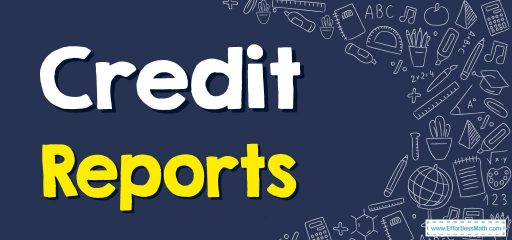
A step-by-step guide to evaluating credit reports
The report typically includes details such as the individual’s name, current and previous addresses, Social Security number, employment history, and current and previous credit accounts.
It will also show the credit limit, balance owed, and payment history for each credit account.
The information in a credit report is used by lenders, credit card companies, and other institutions to determine an individual’s creditworthiness. This means that the report can impact a person’s ability to get a loan, rent an apartment, or even get a job in some cases.
It is important to review your credit report regularly to ensure that the information it contains is accurate.
If you find errors on your credit report, you should contact the credit reporting agency to have them corrected.
Understanding credit reports is an important part of managing your finances, as it can impact your ability to make purchases and achieve your financial goals.
A credit report lists a credit card statement balance for 2 years.
A credit report contains:
-Date of birth
-Credit limits on credit cards
-A bankruptcy from last year
-A list of employers
A credit history is a list of your credit accounts for the last 7 years that contains:
-Loans
-payment history
-credit cards
-account balances
-dates the accounts were opened
Personal information
-name
-Social Security number
-date of birth
-telephone numbers
-addresses
-employers
Here is a simplified step-by-step guide for evaluating credit reports for grade 6 math:
Step 1: Get a copy of your credit report. You can ask your parents or guardians to help you get a copy of your credit report. There are several websites where you can obtain a free credit report, such as AnnualCreditReport.com.
Step 2: Review personal information. Look at the personal information on the report, such as your name, address, and date of birth. Make sure the information is correct and matches your records.
Step 3: Check credit accounts. Look at the credit accounts listed on the report, such as credit cards, loans, and mortgages. Check the balance owed and payment history for each account.
Step 4: Look for errors. Check for any errors in the report, such as incorrect balances, missed payments, or accounts that you didn’t open. If you find any errors, report them to the credit reporting agency.
Step 5: Understand credit score. Your credit report will also include a credit score, which is a number that summarizes your creditworthiness. A higher credit score is better, as it indicates that you are more likely to pay back loans on time.
Step 6: Ask for help. If you have any questions or need help understanding your credit report, ask your parents, guardians, or a trusted adult for assistance. They may also be able to help you improve your credit score by providing tips on managing your finances and building good credit habits.
By evaluating your credit report, you can make sure that the information is correct and accurate, which can help you manage your finances and achieve your financial goals in the future.
Credit Reports – Examples 1
Is this information found in a credit report?
A checking account balance
Solution:
A checking account balance is found in a credit history. So, it is not found in a credit report.
Credit Reports – Examples 2
Is this information found in a credit report?
Credit limits on credit cards
Solution:
According to the credit report, you can find the credit limits on credit cards.
Related to This Article
More math articles
- 4th Grade STAAR Math Practice Test Questions
- The Best Calculator for FE Exam
- ParaPro Math Formulas
- The Ultimate 7th Grade NSCAS Math Course (+FREE Worksheets)
- 4th Grade WY-TOPP Math Worksheets: FREE & Printable
- The Ultimate SBAC Algebra 1 Course (+FREE Worksheets)
- 4th Grade WVGSA Math Worksheets: FREE & Printable
- How to Use Measures of Center and Spread to Compare Populations
- 8th Grade IAR Math Worksheets: FREE & Printable
- 10 Most Common CLEP College Math Questions
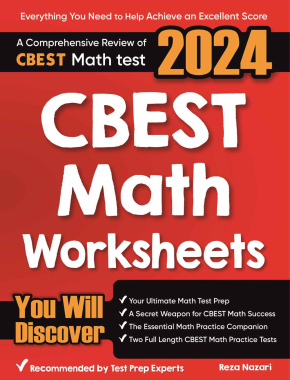
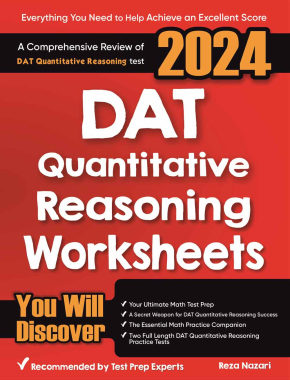


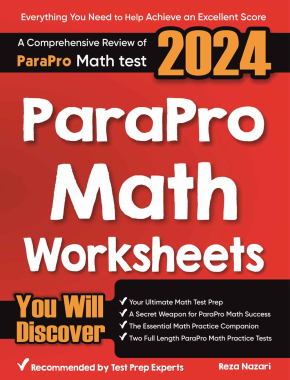
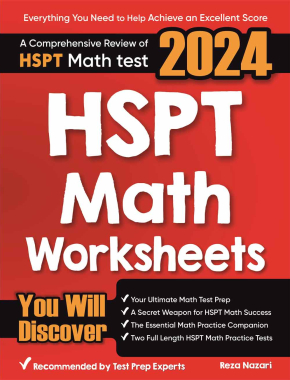
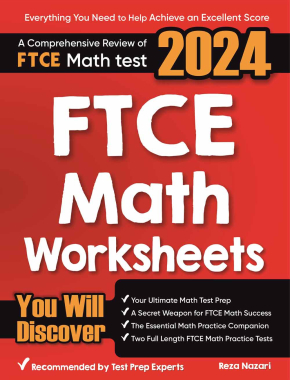
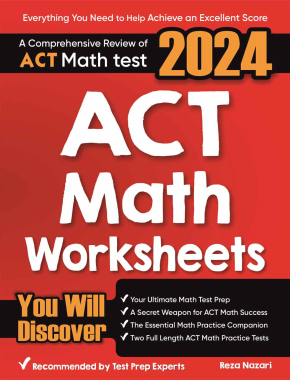
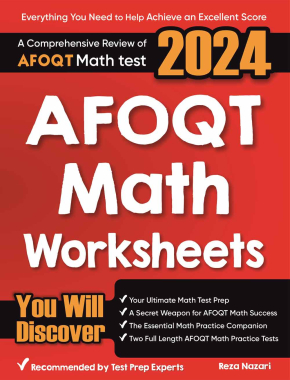

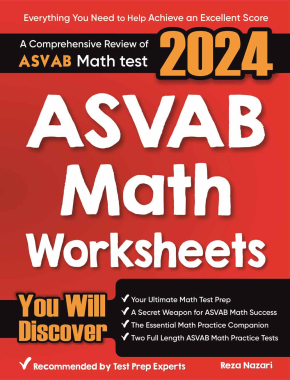
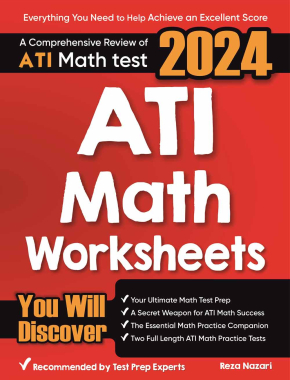
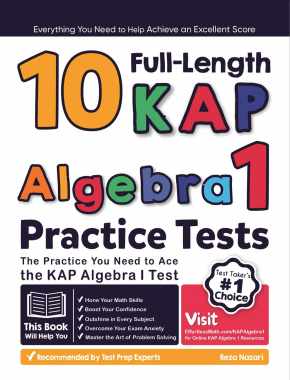
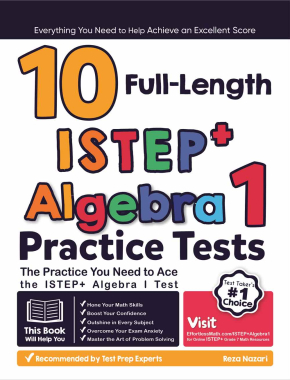
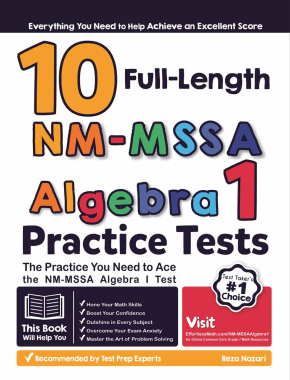


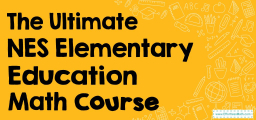
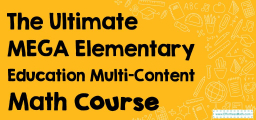

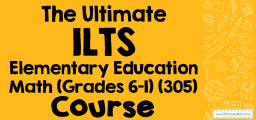

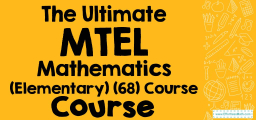

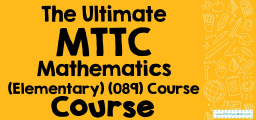


What people say about "How to Evaluate Credit Reports: Personal Financial Literacy - Effortless Math: We Help Students Learn to LOVE Mathematics"?
No one replied yet.